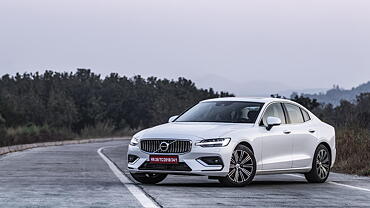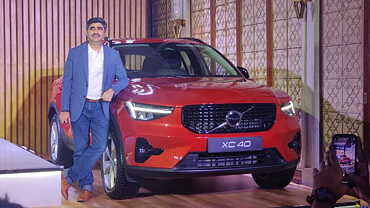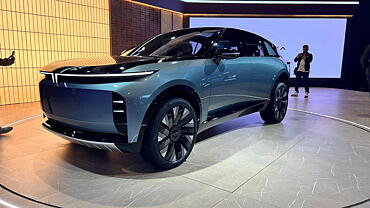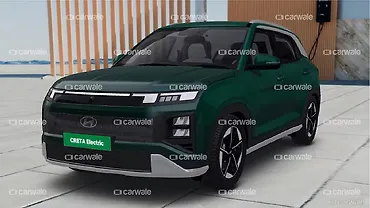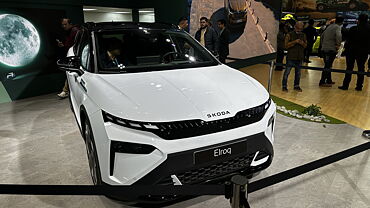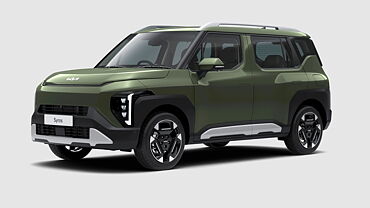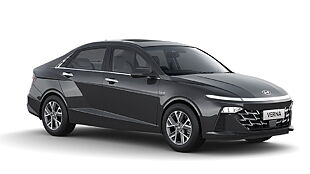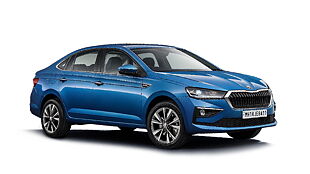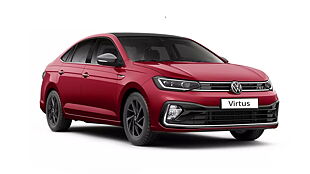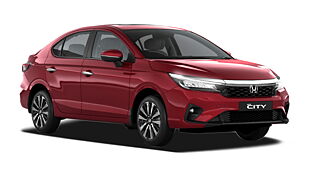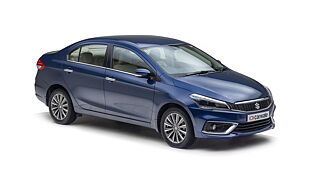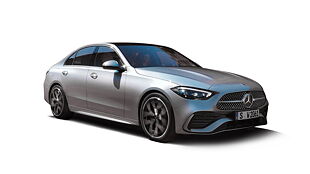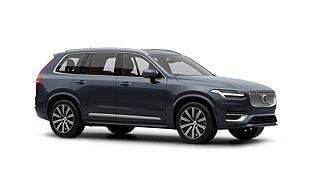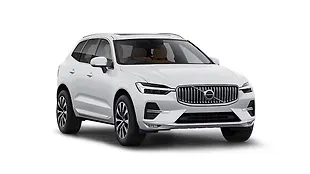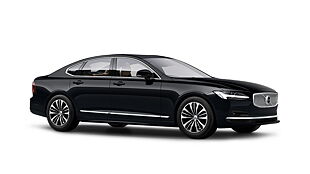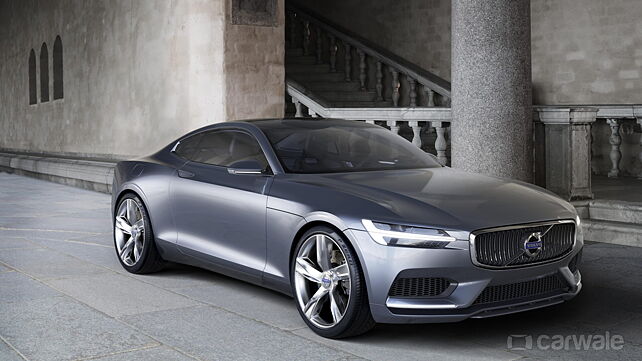
- Have tied up with Luminar for providing LiDAR hardware
- Expect to be fitted on production cars from 2022
Volvo plans to become the first carmaker to integrate LiDAR on all their production models. The Scandinavian carmaker has announced a partnership with an autonomous vehicle sensor and software company Luminar to provide LiDAR and perception technology for all next-generation Volvo cars.

The next-generation of Volvo vehicles will be based on the SPA2 architecture which is developed to be compatible with autonomous driving technology. When these new-gen Volvos arrive in 2022, they’ll be fitted with Luminar LiDAR on the roof, as can be seen in the picture. These cars will also able to be updated with software over the air. And the drivers will be able to utilize fully autonomous Highway Pilot feature as well. But it will be the hardware which will decide whether it is safe to deploy autonomous driving by monitoring individual geographic locations and conditions.

In addition to the Highway Pilot feature, Volvo and Luminar are also exploring LiDAR’s role in improving future advanced driver assistance systems (ADAS). The LiDAR sensors emit millions of pulses of laser light to detect where objects are by scanning the environment in 3D, creating a temporary but real-time map without requiring internet connectivity. This can help cars to navigate on their own by providing a reliable vision and perception that cameras and radar alone cannot provide. Therefore, LiDAR is the ideal basis for safe decision-making in complex environments at high speeds. To enable the Highway Pilot feature in future Volvo’s, Luminar’s perception technology will also work in conjunction with autonomous drive software and hardware for different driving functions.

As part of the announcement, Volvo has also increased its minority stake in Luminar. This is one of the many steps Volvo has taken towards the development of autonomous driving technology. Last month, Volvo invested in Zenuity, an assisted and autonomous driving software development company focusing on the development and commercialisation of unsupervised autonomous drive software. There are plans to have the Zenuity operational by the third quarter of 2020.

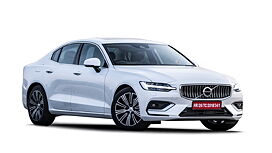
![Volvo XC40 [2018-2022] Image Volvo XC40 [2018-2022] Image](https://imgd.aeplcdn.com/272x153/cw/ec/32889/Volvo-XC40-Exterior-130763.jpg?wm=0&q=80)
![Volvo XC90 [2015-2021] Image Volvo XC90 [2015-2021] Image](https://imgd.aeplcdn.com/272x153/cw/ec/18626/Volvo-XC90-Right-Front-Three-Quarter-164462.jpg?wm=0&q=80)

![Volvo S90 [2016-2021] Image Volvo S90 [2016-2021] Image](https://imgd.aeplcdn.com/272x153/cw/ec/22612/Volvo-S90-Right-Front-Three-Quarter-83299.jpg?wm=0&q=80)
